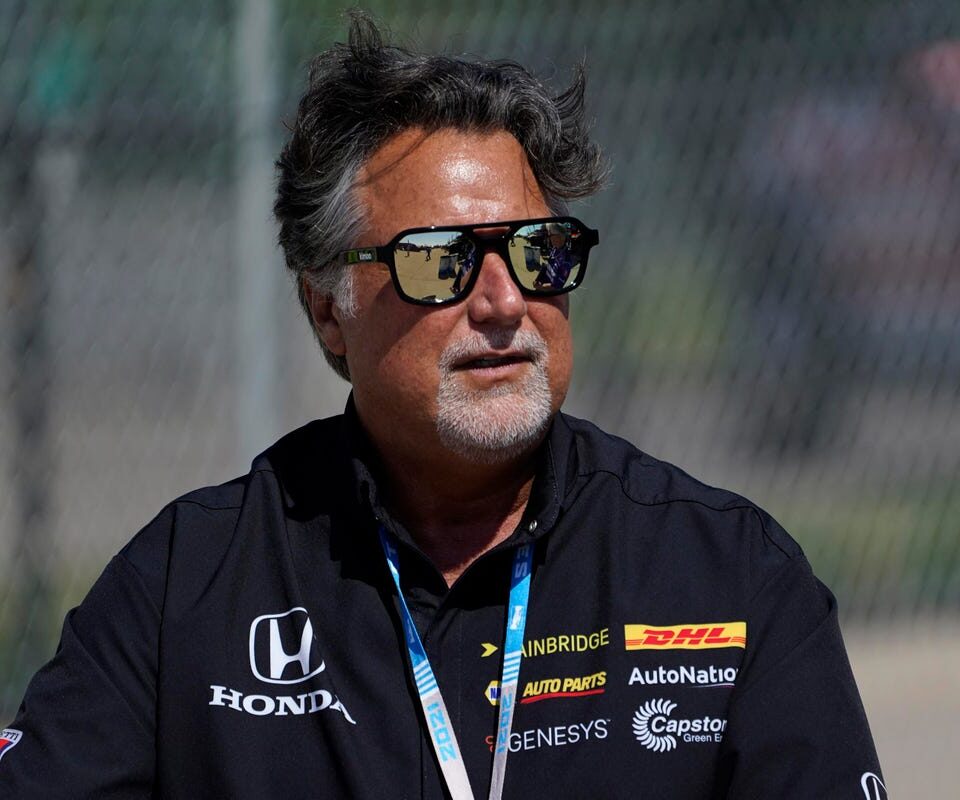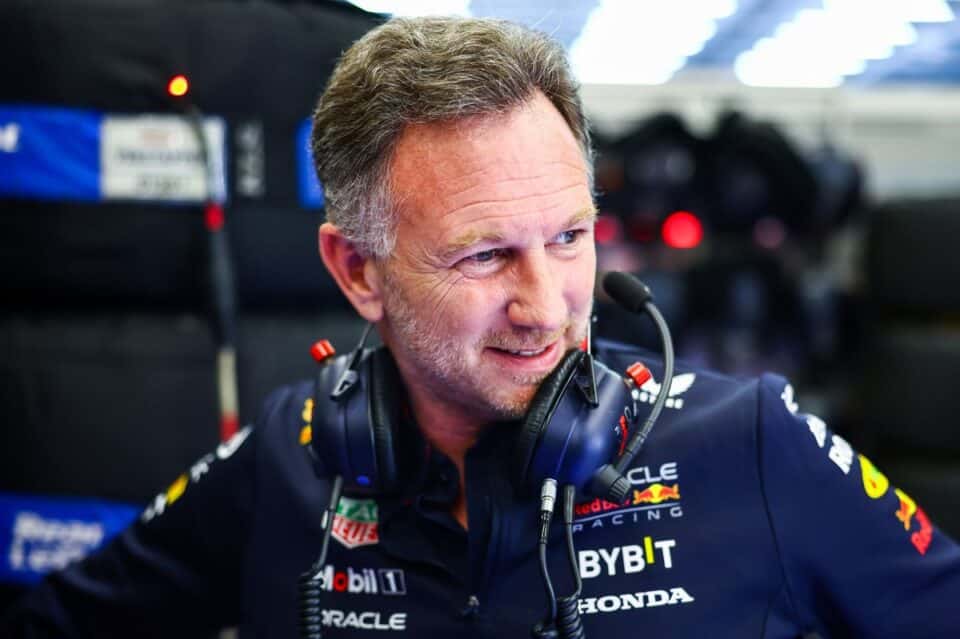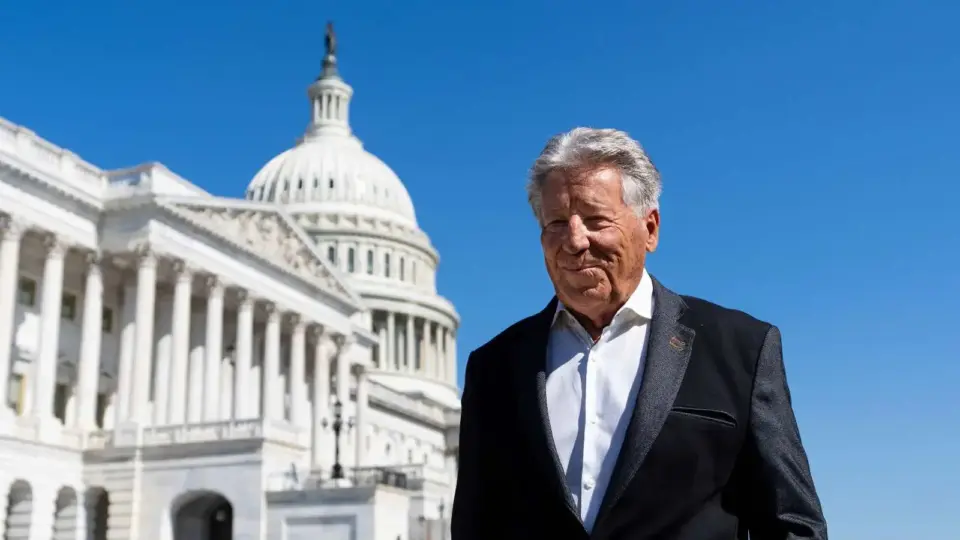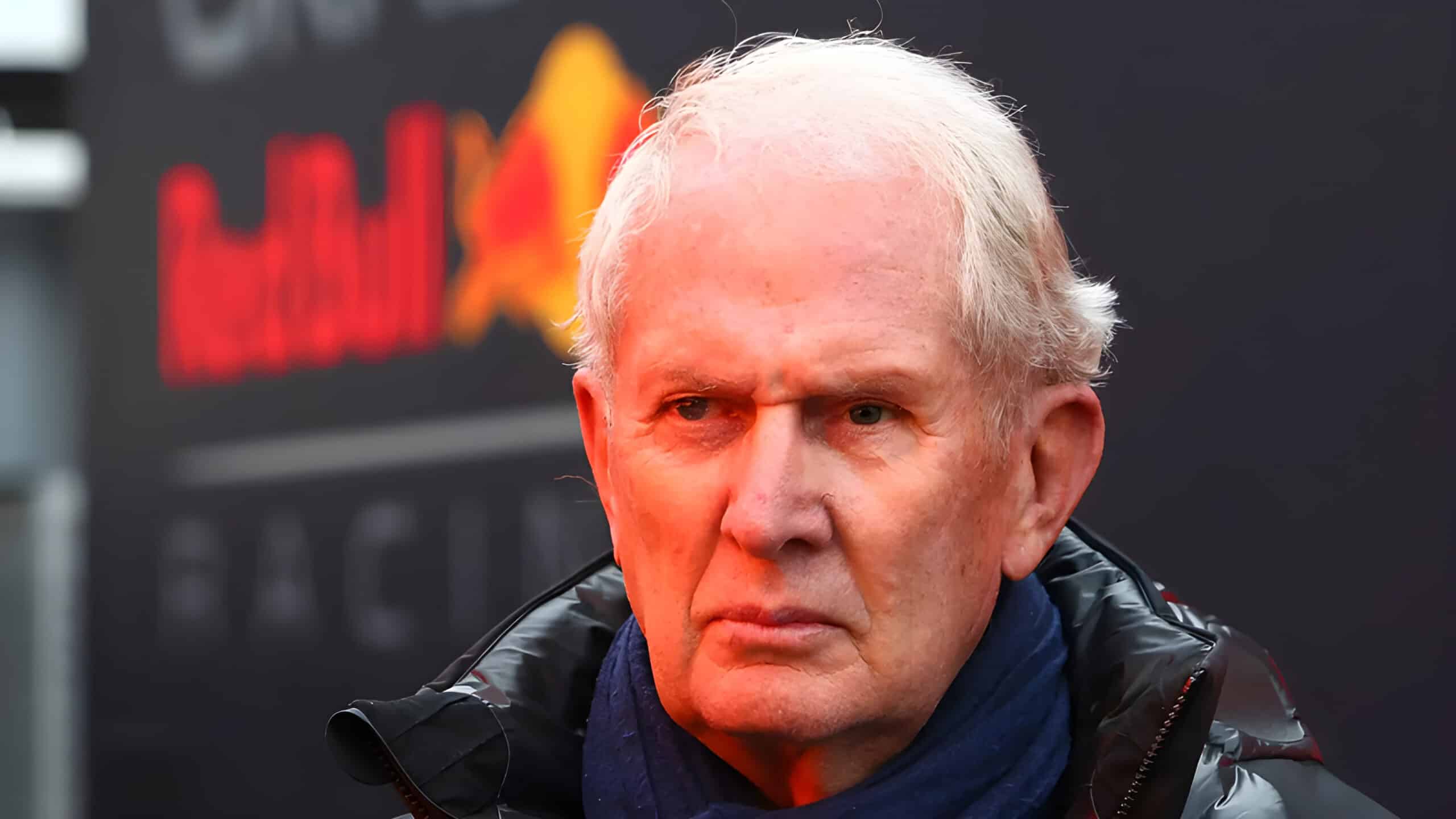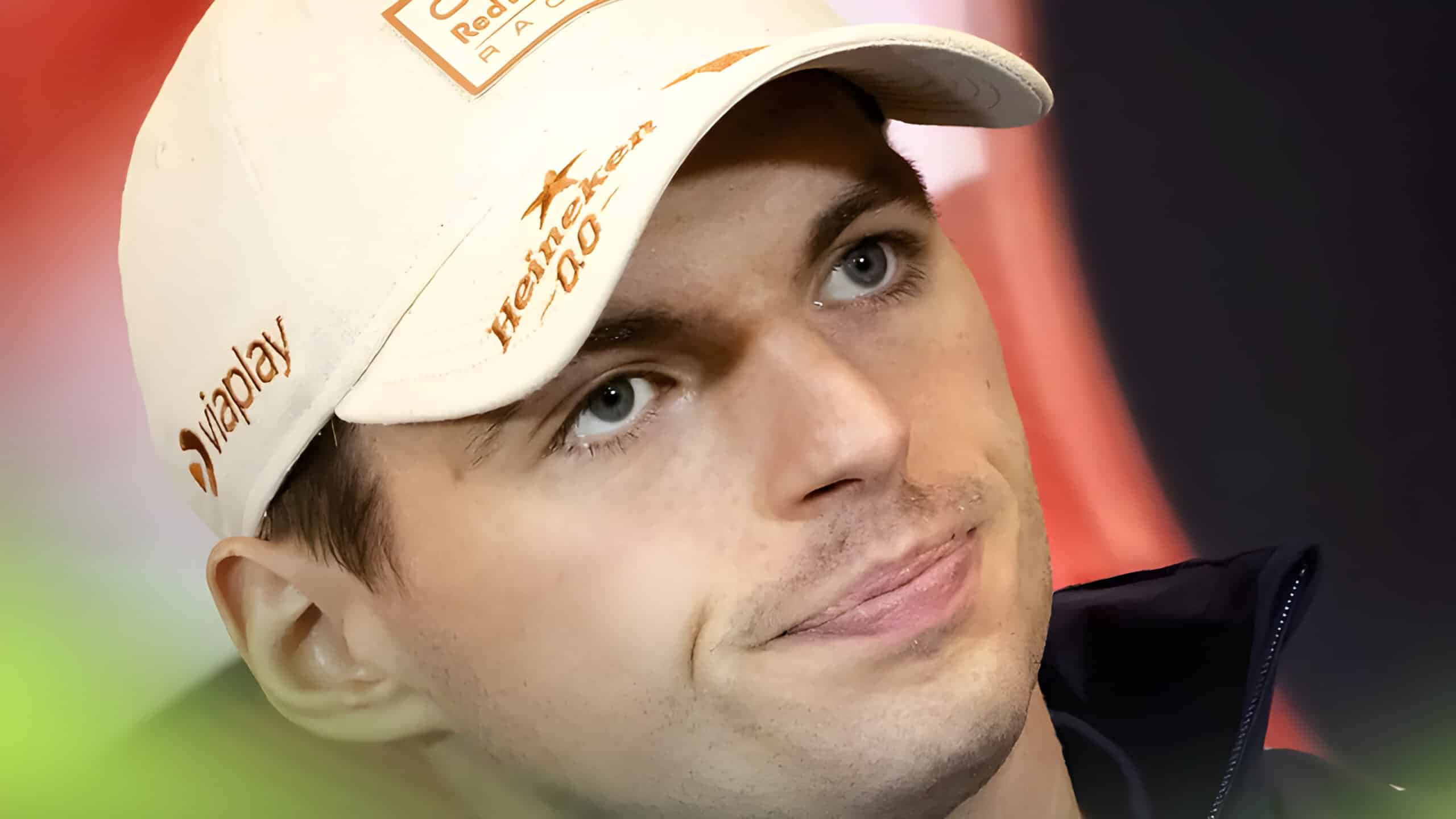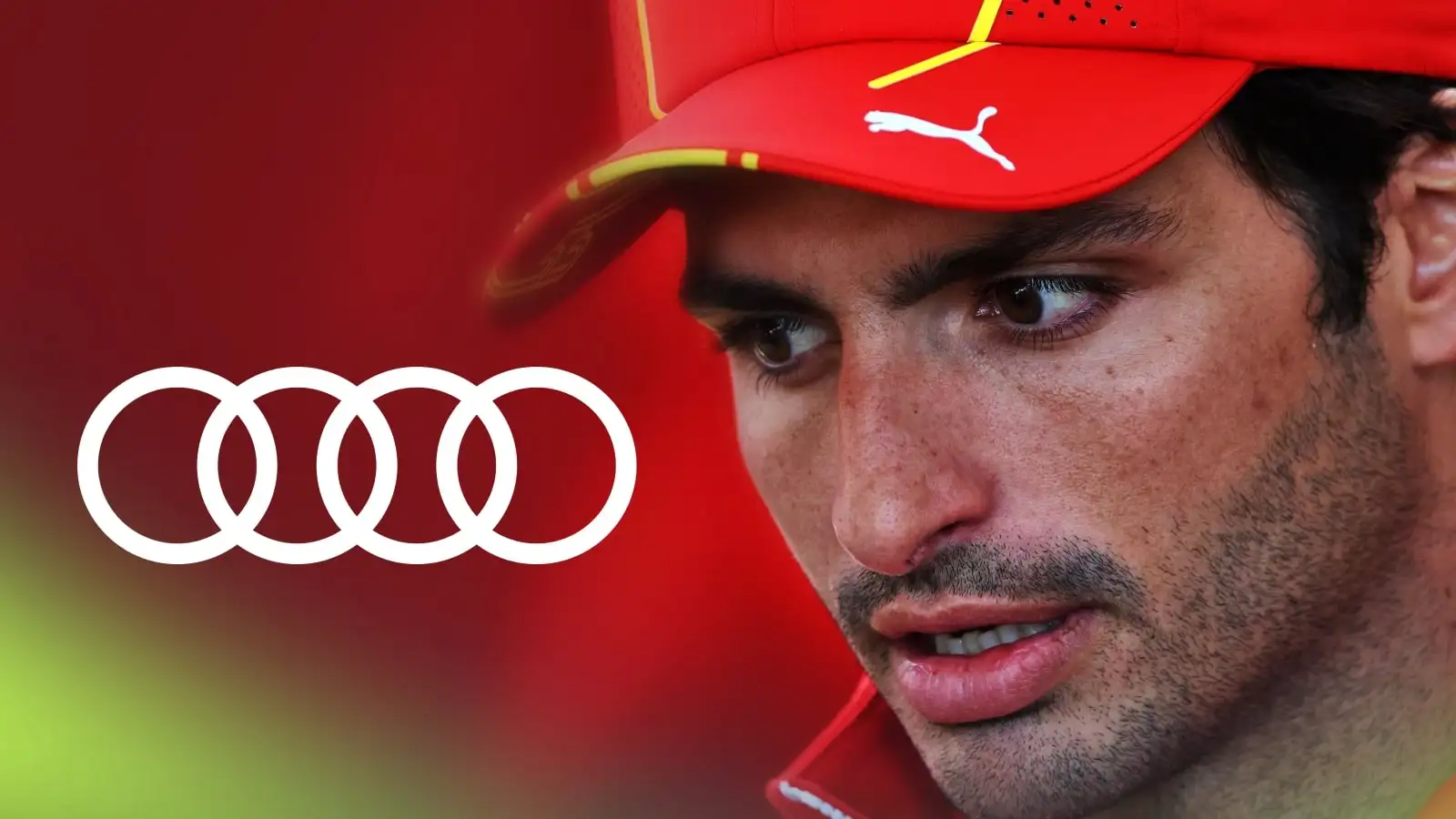Liberty Media, the powerhouse behind Formula One, is navigating rough waters as it grapples with a dual investigation from the U.S. Department of Justice (DOJ) and acute scrutiny from Congress. The storm started brewing when Formula One rejected Andretti Autosport’s bid to join the championship, igniting accusations of anti-competitive behavior and a political firestorm.
Liberty Media President Greg Maffei has pledged full cooperation with the DOJ investigation. The rejection of Andretti Autosport’s application in January after prolonged deliberation has spurred controversy. Many speculate that established teams, fearing financial repercussions, influenced the decision to block Andretti’s entry. Maffei’s commitment to cooperate is viewed as a strategic move to soften potential legal consequences. Meanwhile, the DOJ has stayed tight-lipped on the investigation’s details, fueling further speculation regarding Formula One’s true motives.
In May 2024, the issue took a sharp political turn when U.S. Congress members backed Andretti’s bid and criticized Formula One for seemingly resisting American involvement. Victoria Spartz, representing Indiana’s fifth district, was vocal in her support, emphasizing America’s contributions to innovation and technology. “We have so much ingenuity, we have so much innovation, and they want our innovation for everything else, including weapons, so I think they need to make sure they see our ingenuity in cars,” Spartz remarked, highlighting the wider implications of excluding American talent from Formula One.
The critique wasn’t isolated to Spartz. Congressman John James of Michigan suggested that Formula One’s actions resembled cartel-like behavior, a serious accusation with both legal and ethical ramifications. He highlighted Liberty Media’s extensive business influence, including a significant stake in Live Nation, which also faces a DOJ investigation for anti-competitive practices. James argued that rejecting Andretti’s bid was symptomatic of a broader issue: the concentration of power among a few companies stifling competition and innovation.
Congress took a bipartisan stand, with twelve members penning a letter to Greg Maffei, expressing deep concerns about the apparent anti-competitive actions. They demanded clarity on the authority and rationale behind the rejection and questioned if General Motors’ potential entry into the European market influenced the decision. The letter referenced the Sherman Antitrust Act, signaling Congress’s readiness to legally challenge Liberty Media’s actions, potentially setting a landmark precedent in sports governance.
Despite growing criticism, Formula One defended its decision by citing substantial technical and logistical challenges, particularly with the impending 2026 engine rule changes. They argued that developing a competitive car and engine by 2025, only to face new regulations the following year, would be overly burdensome for a new entrant. This defense, however, has been met with skepticism, with many suspecting it as a convenient excuse to protect the current teams’ interests rather than a genuine concern for sport competitiveness.
The Andretti rejection issue is more than just one team’s bid; it embodies a broader struggle for Formula One’s future, balancing established interests against the principles of fairness, competition, and innovation. The DOJ and Congressional inquiries could have transformative consequences for the sport, potentially opening it up to greater American participation and ensuring a more level playing field. As legal and political pressures mount, this case could significantly reshape Formula One, emphasizing inclusivity and fair competition.
The fallout from Andretti Autosport’s rejected bid to join Formula One has spurred a multifaceted legal and political battle. Amid DOJ investigations and Congressional scrutiny, the situation questions Formula One’s governance and the extent of corporate control over access to the sport. With potential landmark changes on the horizon, the outcome could redefine the future of Formula One, promoting greater fairness and inclusivity within the sport.
